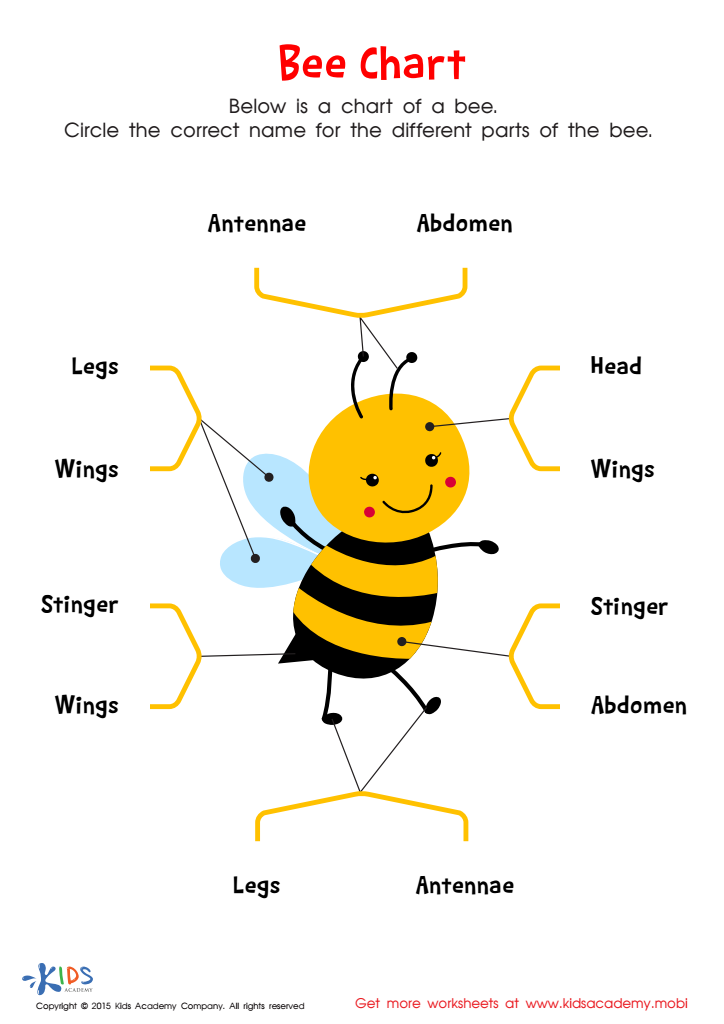Identification skills Normal Worksheets for Ages 3-9
8 filtered results
-
From - To
Enhance your child's recognition abilities with our "Identification Skills Normal Worksheets" designed for ages 3-9. These engaging resources focus on developing crucial identification skills pivotal for early learning. Through fun activities, kids practice discerning objects, shapes, letters, and numbers. Ideal for both classroom and home use, these worksheets offer colorful, interactive tasks that make learning enjoyable and effective. Catered to varying skill levels, they ensure each child progresses confidently at their own pace. Boost your child's cognitive development and prepare them for academic success with our expertly crafted identification worksheets. Explore now and lay a strong educational foundation!
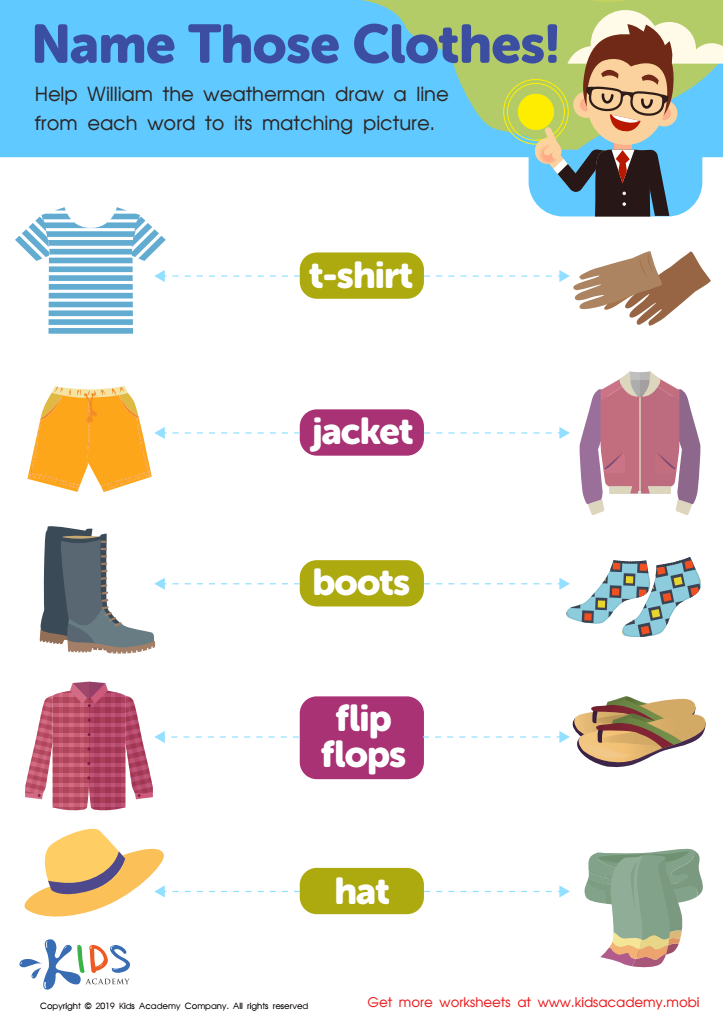

Name Those Clothes Worksheet
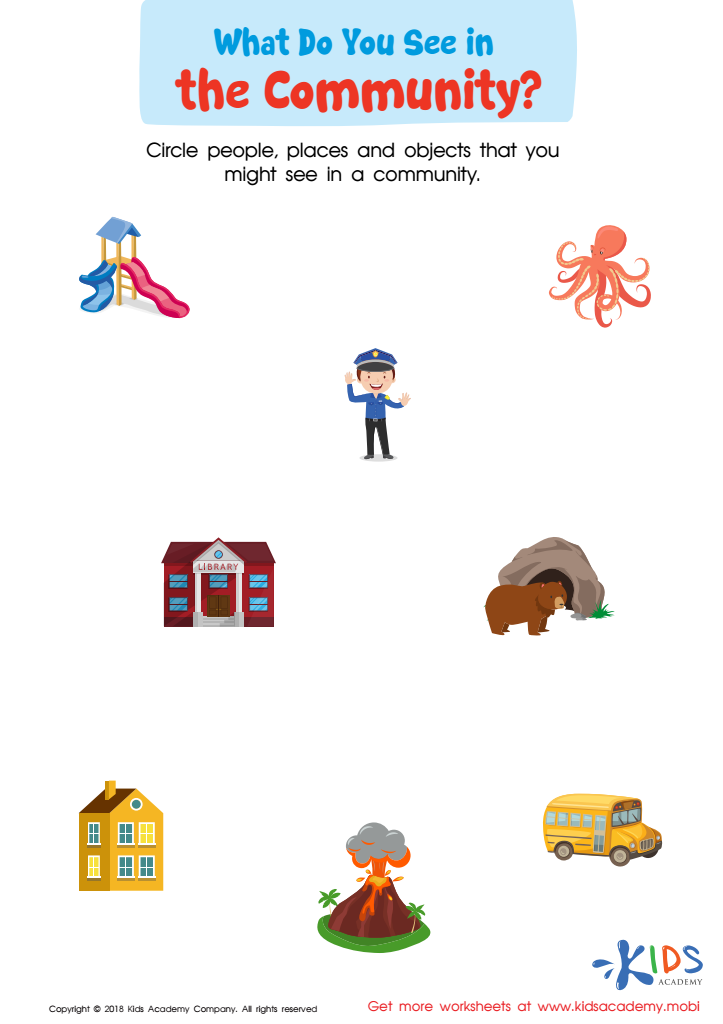

What Do You See in the Community Worksheet
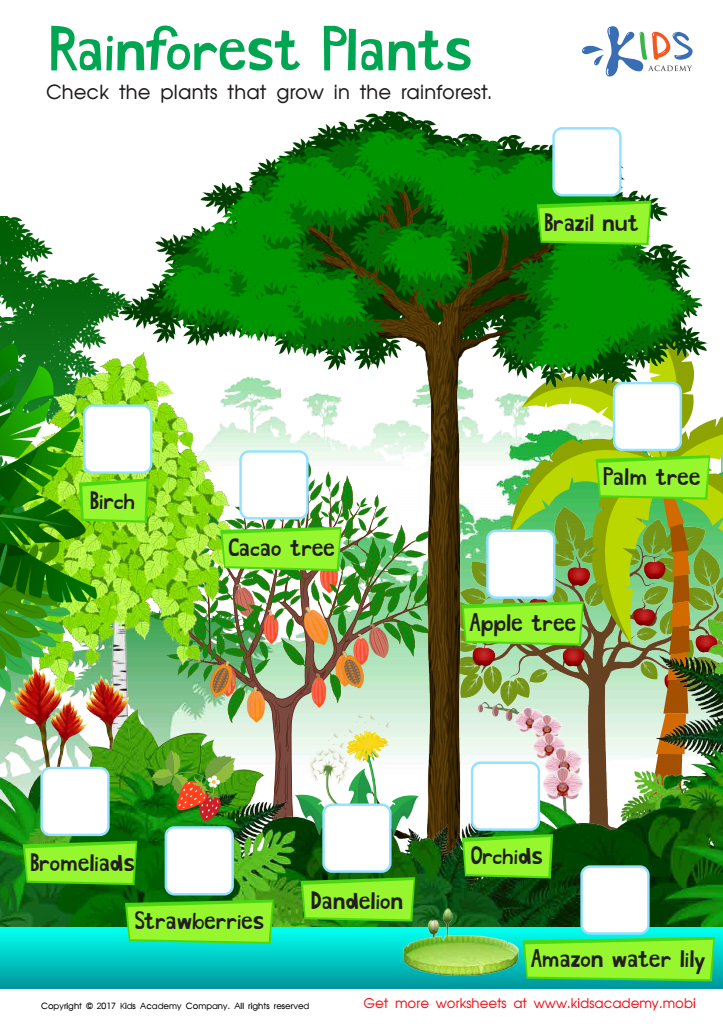

Rainforest Plants Worksheet
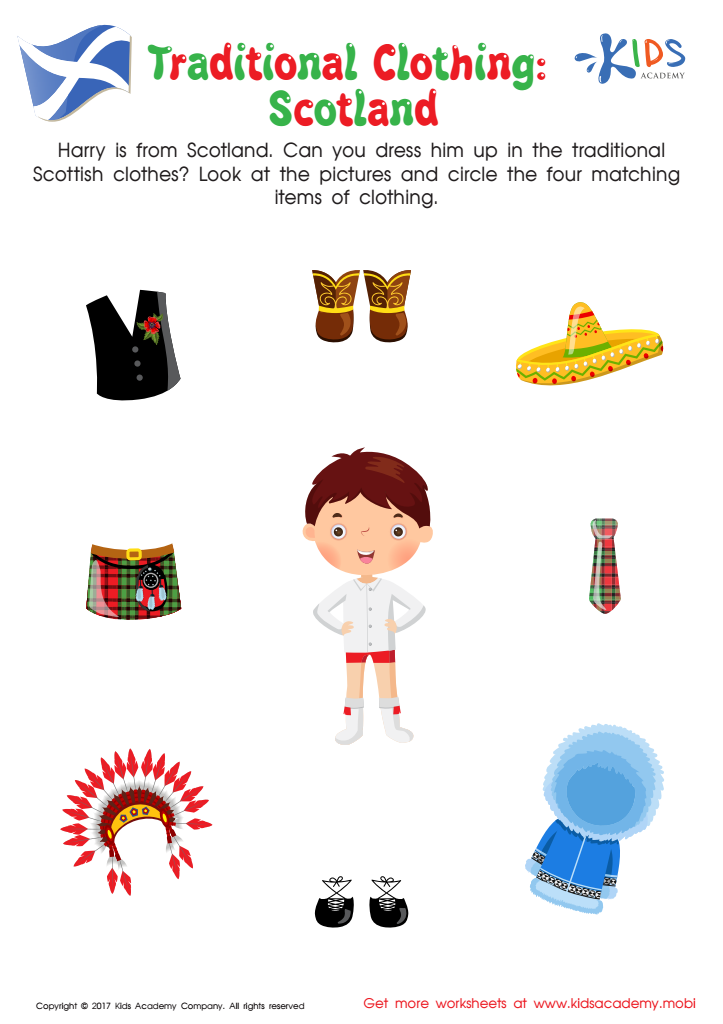

Traditional Clothing in Scotland Worksheet
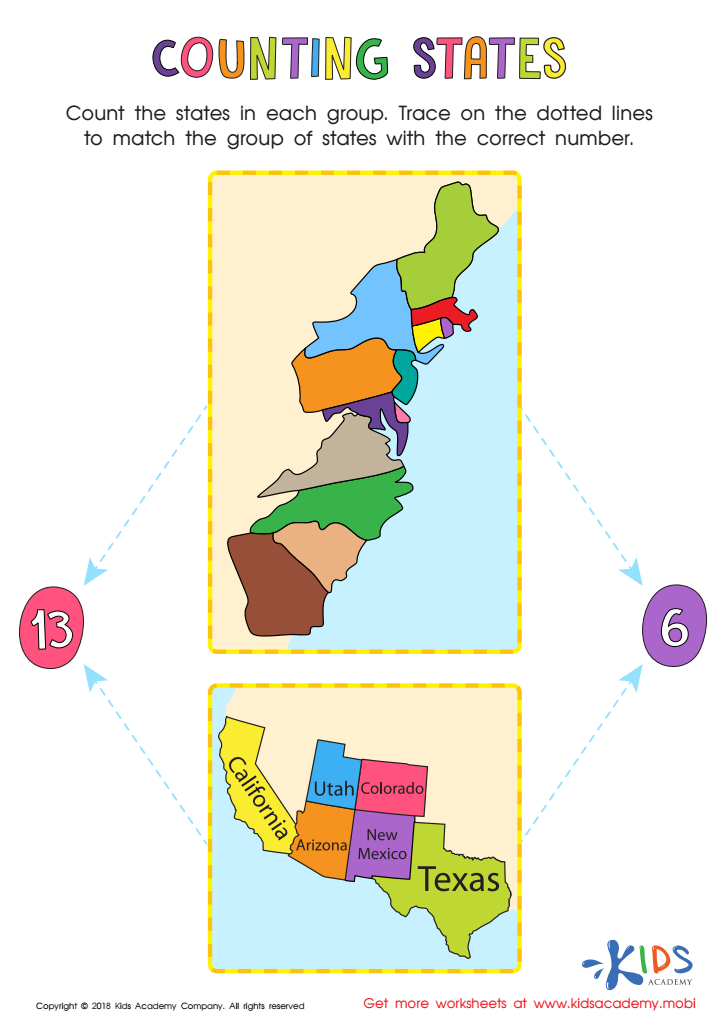

Counting States Worksheet
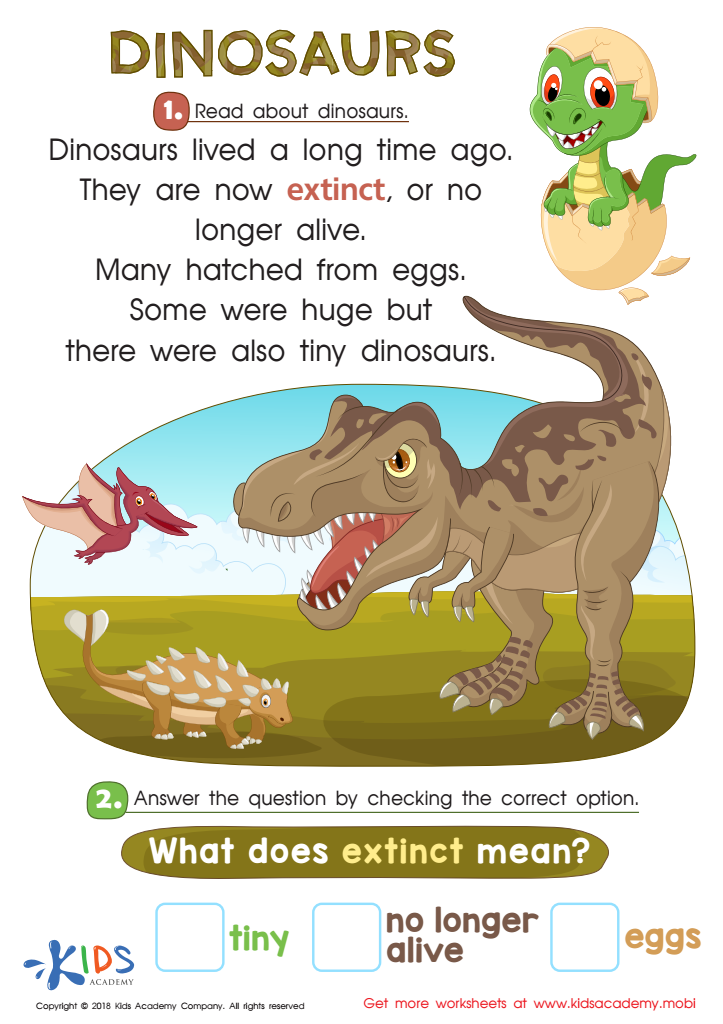

Dinosaurs Worksheet
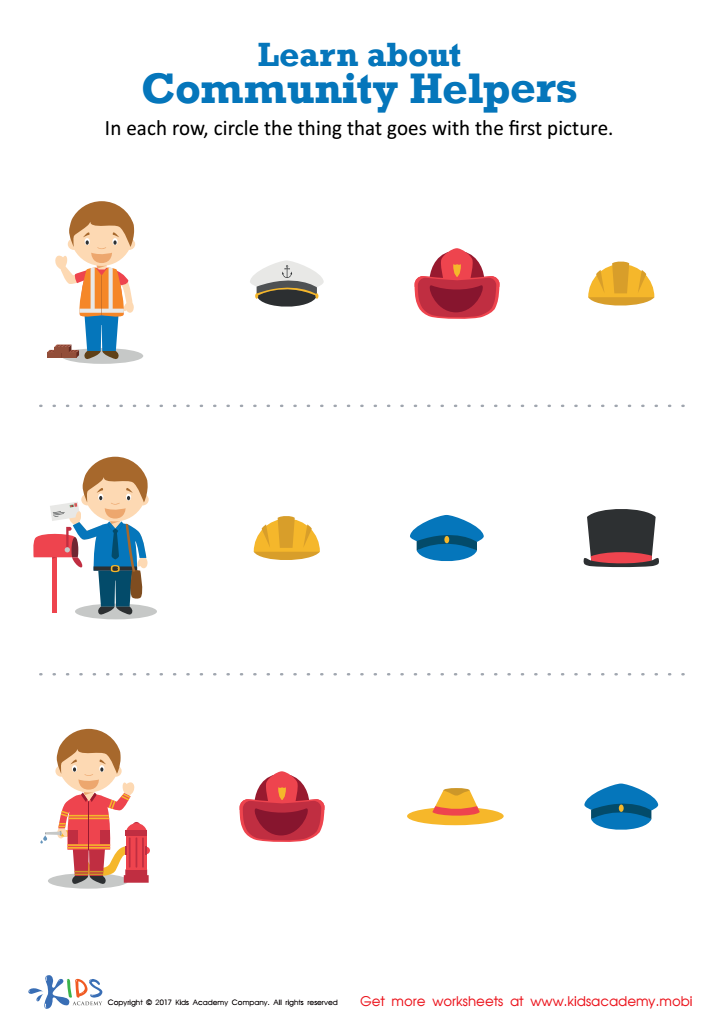

Learn about Community Helpers Printable
Parents and teachers should care about identification skills because they lay the groundwork for a child's cognitive and social development. For children ages 3 to 9, identification skills like recognizing letters, numbers, colors, shapes, and objects are crucial for later academic success. At early stages, these abilities contribute to language development, as kids learn to associate words with images and objects, significantly expanding their vocabulary and comprehension. Additionally, identifying emotions and social cues helps in developing empathy and effective communication skills.
These skills play a role in fostering a child's curiosity and independence. As they learn to identify various elements in their environment, they become more confident explorers, laying a foundation for problem-solving and critical thinking abilities. Identification skills also make everyday tasks easier and safer for children; for instance, knowing traffic light colors or identifying food items can prevent accidents or food allergies.
Furthermore, regular practice of these skills can help identify any learning difficulties early on. Intervention can then be timely, ensuring that children get the extra help they need to keep up with their peers. By focusing on identification skills, parents and teachers essentially support a child's holistic development, preparing them for more complex learning stages.
 Assign to My Students
Assign to My Students
